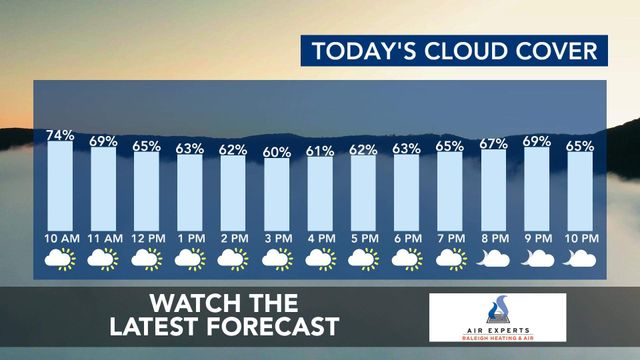Judge weighing important procedural question in NC voter ID, tax law case

A Wake County judge is weighing the future of a lawsuit challenging two state constitutional amendments: One that generally requires voters to show ID at the polls and another lowering North Carolina’s cap on state income tax rates.
The debate is about who should be in charge of a new trial in the case: A judge from heavily Democratic Wake County, or a panel of three judges who would be selected by the Republican state Supreme Court chief justice.
The case, like a number of pending lawsuits targeting the state’s voter ID law, has divided Democrats and Republicans. Which judge, or judges, handle the case going forward could make a difference in how the issue is decided. Wake County Superior Court Judge Graham Shirley heard arguments Friday on this procedural question and didn’t say when he’d rule, but he did indicate the arguments are complicated.
“This is new,” Shirley said. “It’s novel. And I’ll let you all know.”
Shirley, a Republican, asked probing questions of attorneys for both sides, often seeming skeptical about their arguments.
The NAACP sued state legislative leaders over the 2018 amendments shortly after they passed. The Republican-led General Assembly at the time was racially gerrymandered, a federal court had ruled, meaning Republican lawmakers drew voting districts in a way that gave white voters disproportionate amounts of power at the expense of Black voters.
The NAACP argued that because voting districts had been deemed unconstitutional, the legislature lacked the legitimacy to claim to represent the people of the state and shouldn’t have been able to put the amendments on the ballot in the first place. Voters approved both those amendments with more than 55% of the vote in 2018, but the NAACP argues they shouldn’t have been on the ballot to begin with.
Wake County Superior Court Judge Bryan Collins, a Democrat who handled this case in 2019, already agreed with that argument. The issue went up to the state Supreme Court, which last year ruled that the argument against the amendments seemed substantial. But the court also said more facts were needed to reach a final decision, and it sent the case back to the lower court.
Republican lawmakers defending the amendments argued that this next part of the case shouldn’t be heard by a single Wake County judge, but by one of the three judge panels that handles constitutional questions in North Carolina.
Supreme Court Chief Justice Paul Newby, a Republican, would pick that panel.
Newby and every other Republican on the state Supreme Court court dissented in this case when the Supreme Court’s initial ruling came down last year. Their harshly worded dissent said the Democratic justices who held a majority on the court at the time “circumvented the will of the people and subverted our republican form of government.” It was written by Republican Justice Phil Berger Jr., whose father is a lead defendant in the case, as the leader of the state Senate.
Since then, the political balance of power on the Supreme Court has flipped: Republicans took control of the court from Democrats in the 2022 elections.
Martin Warf, an attorney for Republican lawmakers, argued Friday that a panel should hear the matter because the coming phase of this lawsuit won’t be about process, it will be about whether the amendments violated a new constitutionality test that the Supreme Court laid out in its decision last year.
Shirley seemed skeptical, noting that this case first appeared years ago before a three-judge panel, which sent it instead to a single judge, Collins.
“You’re asking me to overrule their decision,” Shirley told Warf.
Warf said the situation has changed, in large part because of last year’s state Supreme Court decision.
Kym Meyer, an attorney for the NAACP, said this would be the first time a lawsuit was transferred to a three-judge panel at this stage of a case. But Shirley had questions for her, too, and said language in the state Supreme Court’s decision gets “to the heart of our constitution,” suggesting a three-judge panel is appropriate.
This case, NC NAACP v. Moore, is one of several lawsuits challenging North Carolina's 2018 voter ID law, which is on hold while the cases run their course. The state Supreme Court already acted to potentially undo the ID requirement in one of those other lawsuits. But that case, Holmes v. Moore, was also was decided by the court's now defunct Democratic majority, and the new GOP majority took the unusual step of re-hearing the case once the balance of power changed hands.
They re-did the arguments in March. Although the formal ruling has not yet been announced, many outside observers expect the court to reverse last year’s ruling and rule in the legislature’s favor, now that Republicans control the majority.
The final voter ID case pending in North Carolina is a federal one, NAACP v. Berger.












